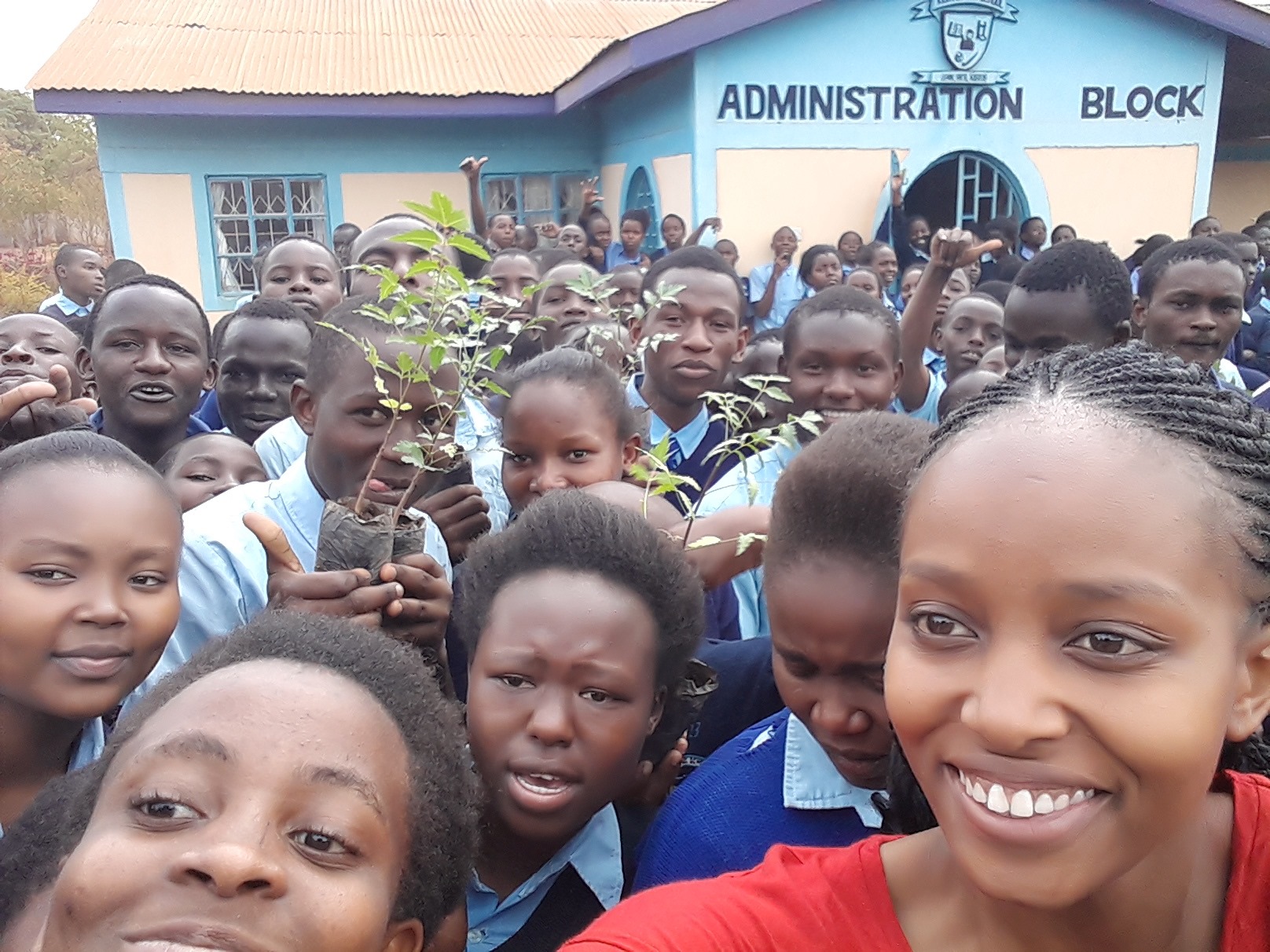
Anti-Drug and Substance Abuse Program
The Anti-Drug and Substance Abuse Program aims to curb the rising trend of drug and alcohol abuse among youths, particularly in urban and peri-urban areas. Recent studies reveal alarming levels of drug and substance abuse among Kenyan youth and students. According to NACADA (2024), 45.6% of university students have used at least one drug in their lifetime, with 26.6% currently using, primarily alcohol, tobacco, cannabis, and shisha. Among secondary school students, 23.4% have experimented with drugs, while 20.2% of primary pupils have tried substances like tobacco, miraa, and alcohol. Nationally, 9.1% of youth aged 15–24 are current users of at least one substance, with peer influence and easy access through friends, local vendors, and online platforms being major drivers. This growing trend highlights the urgent need for school-based prevention programs, mentorship, counseling, and community sensitization to combat early exposure and support behavioral change. According to the 2022 NACADA report, over 37% of secondary school students in Nakuru experimented with alcohol or other substances. In Mombasa, coastal proximity and porous borders have increased the availability of hard drugs, while Nairobi continues to experience rising rates of bhang and shisha consumption in nightclubs and informal settlements. These trends have resulted in mental health challenges, increased school dropouts, criminal behavior, and broken family units.
To address this, NeGI will launch multi-faceted awareness campaigns, establish school-based drug prevention clubs, and conduct parental and teacher training to identify and respond to early signs of addiction. Community outreach forums will be held in churches, schools, and marketplaces to sensitize the public. Additionally, the program will facilitate rehabilitation referrals and support recovering addicts through mentorship and integration into productivity programs like vocational training. Strategic partnerships with NACADA, county governments, and hospitals will ensure the provision of medical and psychosocial support. Long-term, this program aims to reduce drug abuse cases by at least 20% in target areas and restore dignity and purpose among vulnerable youth.

